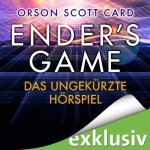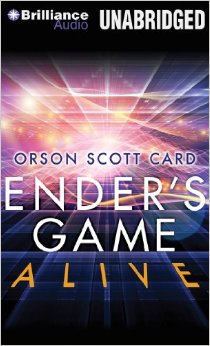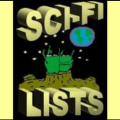
![]()
 The SFFaudio Podcast #286 – The Red One by Jack London; read by Oliver Wyman. This is an unabridged reading of the novelette (1 hour 3 minutes) followed by a discussion of it. Participants in the discussion include Jesse, Bryan Alexander, and Oliver Wyman.
The SFFaudio Podcast #286 – The Red One by Jack London; read by Oliver Wyman. This is an unabridged reading of the novelette (1 hour 3 minutes) followed by a discussion of it. Participants in the discussion include Jesse, Bryan Alexander, and Oliver Wyman.
Talked about on today’s show:
Bryan and Ollie, 1918, WWI, Jack London in Hawaii, a super science fiction story, H.G. Wells, existential concerns, the misogyny and racism, “unbeautiful”, London was racist and anti-racist, Lovecraft, cosmic science fiction, a beautiful sad ending, a transcendent ending, the motifs (motives), head and finger injuries, head blown off, his guide loses his head, the final head chopping, the devil devil house, twisting in the smoke, breadfruit, banyan, God’s Grace by Bernard Malamud, the Solomon Islands, Guadalcanal, the mosquitoes, headhunting, blackbirding is essentially slavery, giant butterflies, the Atlas Moth, it’s not an alien spaceship is it?, Stephen King’s Dark Tower series, Philip K. Dick, unresolved endings, a potential stage production of Flow My Tears The Policeman Said, a giant alien head, the striker has helmeted figures, ancient astronauts is the next year, 1919, Charles Fort, Erich von Däniken, Jack London’s 10 Sex Tips, Cosmopolitan -> cosmos -> cosmetology, Rendezvous With Rama by Arthur C. Clarke, The Sentinel by Arthur C. Clarke, a tripwire, a Lovecraftian sense of the universe, explorer narratives, Mungo Park, Bassett,
“And beneath that roof was an aerial ooze of vegetation, a monstrous, parasitic dripping of decadent life- forms that rooted in death and lived on death.”
Robert E. Howard, Solomon Kane, Mexico, London stole from others and his own life, journal writing, Heart Of Darkness by Joseph Conrad, “the abrupt liberation of sound”, the walls of Jericho…, two score feet in length, an alien ark, the libraries of supermen from other stars?, the Jungian analysis, a giant egg with Bassett as a sperm, Earle Labor, the ending resonates, the red one as a mandala, from a distance it appears lacquered, fever dreams, childhood hallucinations and visions, what’s the logic behind head-hunting, mortification, the other white man’s head, helmeted figures sitting inside the mouths of crocodiles, a labour of thousands of years, the twelve tribes, breadfruit is called “nimbalo” in the Solomon Islands -> “nimbus”, ringmanu -> Manu -> the progenitor of all humanity, the twelve apostles, the red one is a voice, twelve deaf apostles, gospel = good news, cure it well, immortality, London was a super-atheist, Lovecraft was an atheist, the harsh horrifying reality of death, “the serene face of the Medusa. Truth.”, Lovecraft’s poems, Alethia Phrikodes, “Omnia risus et omnia pulvis et omnia nihil”, Thomas Ligotti, True Detective, “I think human consciousness, is a tragic misstep in evolution. … species to do is deny our programming, stop reproducing, walk hand in hand into extinction”, Edgar Allan Poe, Songs Of A Dead Dreamer, The Conspiracy Against The Human Race, Pseudopod The Bungalow House, being a narrator doesn’t give you time to read, comics maybe, The Manhattan Projects, dealing with the problem of physical, Rainbow’s End, Geoffrey Household, Limbo by Bernard Wolfe, not enough physical volume in the universe, books with maps, books with art, Eadweard Muybridge, Jeff Bezos, ebooks are notorious for not having good art in them, the art of Alex Ross as a PDF, London as a tangible writer, “a mighty cry of some titan of the elder world”, Olaf Stapledon, Starmaker, the separation of the soul and the body, you are your head, the martians in The War Of The Worlds, who is telling this story?, feelings and questions, The Call Of The Wild, he’s a basset hound chasing after a big red ball, London was a dog man, the two dog books, The Sea Wolf is an intense book, To Build Fire, “the cold of space”, a hypnagogic state, the physical and the philosophical, The Iron Heel, so many writers never leave the room where they write the book, the premise for The Red One was suggested by George Sterling, A Wine Of Wizardry, what if aliens sent a message to the earth and it was not understood, if it had been shot, the gun that doesn’t go off, King Kong and Skull Island, a cynical take on religion, the Cosmopolitan illustrations, definitely an artifice, the core of a star that fell to Earth, aliens came out and they killed them, ships or jet fighters, organic ships, the spore of the organic ships, Prometheus, worth looking at and listening to, the most expensive work of fan fiction ever made, the autodoc scene, this is the thing that didn’t need to be made, Alien, Ron Cobb and Geiger, 1966, the year of Star Trek and Batman, Alan Dean Foster, Alien: The Illustrated Story by Archie Goodwin and Walt Simonson, recent alien invasion fiction, Footfall, Protector by Larry Niven, infantilized aliens, the fruit of the tree of life, Forge Of God by Greg Bear, “I have bad news”, Orson Scott Card, reared by robots, astrogation, Anvil Of Stars by Greg Bear, Sundiver by David Brin, Forbidden Planet, Glen Cook‘s Starfisher series, Captain Harlock, Anathem by Neal Stephenson, William Dufris, the glossary, Gateway by Frederik Pohl, mushrooms, characters in therapy, one of the greatest works of Science Fiction period, the serialization of Gateway in Galaxy, Dagon by H.P. Lovecraft, 1920, The Temple, black muck, they’ve got cults going.
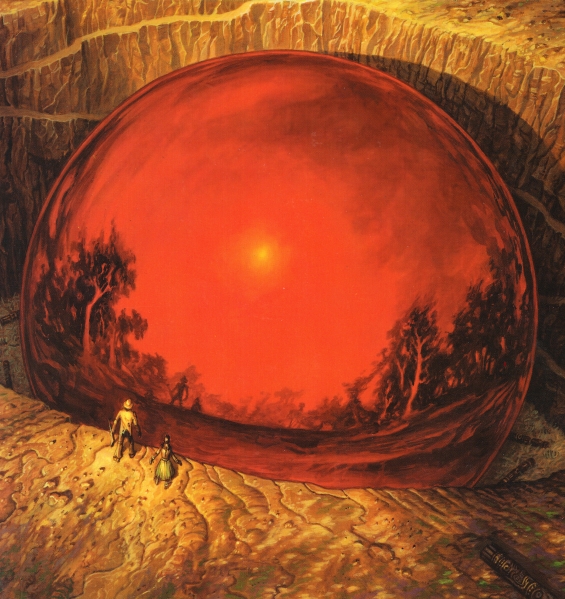
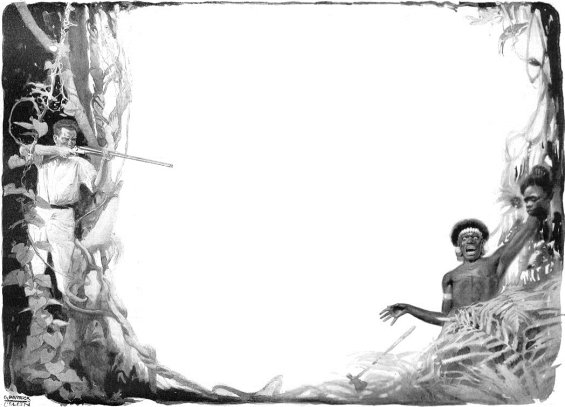
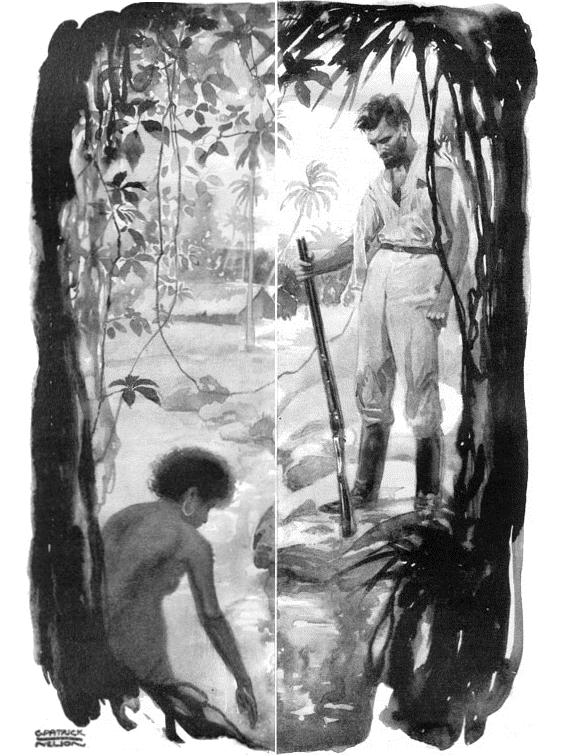
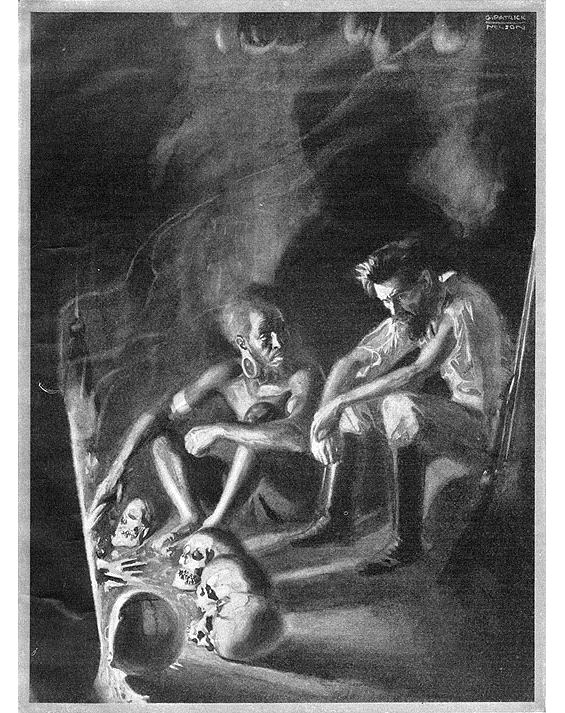

Posted by Jesse Willis

